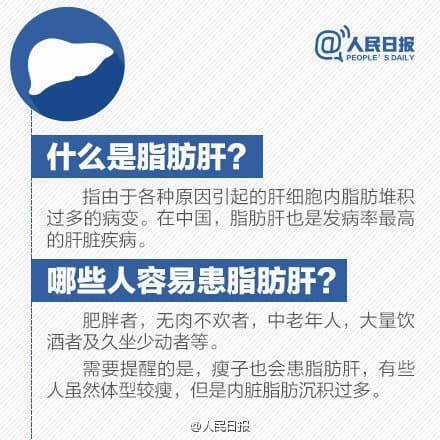Reducing Carbohydrates or Protein: The Best Diet Approach for Fatty Liver Disease
Fatty liver disease, a condition characterized by the accumulation of excess fat in the liver, is a multifaceted health issue with diverse causal factors, including alcohol consumption, obesity and high cholesterol, malnutrition, rapid weight loss, and diabetes. The prevention of fatty liver disease necessitates a comprehensive approach, taking into consideration diet, exercise, weight control, and regular medical check-ups. By adopting a healthy lifestyle and engaging in routine examinations, individuals can effectively prevent the onset and progression of fatty liver disease.

18 February 2025
In the context of dietary adjustments for fatty liver disease, it's essential to consider the quality of food rather than simply reducing certain food groups. Reducing the intake of refined grains and increasing whole grains, as well as consuming moderate amounts of high-quality protein, can help alleviate the burden on the liver. Experts emphasize that while certain dietary adjustments may have beneficial effects on metabolism, their direct correlation with weight loss, specifically in the context of reducing liver fat, is not conclusively supported by scientific evidence.
For individuals with fatty liver disease, controlling diet is a critical task that involves not only controlling total calorie intake but also making informed choices about the types of food consumed. Increasing the intake of whole grains, such as brown rice, oats, and whole-wheat bread, and moderate amounts of high-quality protein can help reduce liver fat. It's also crucial to control fat and sugar intake, as excessive consumption can exacerbate the condition. Choosing foods that are rich in dietary fiber, such as sweet potatoes, corn, and potatoes, can provide a feeling of fullness and help control weight.

In addition to dietary adjustments, exercise plays a vital role in managing fatty liver disease. Moderate exercise can help consume excess fat, improve insulin resistance, and control blood sugar levels. Even short periods of exercise, such as 10-15 minutes of brisk walking, can have a positive impact on health. A recent study published in the American Journal of Clinical Nutrition found that adopting a 5+2 intermittent fasting diet for just three months can reduce liver fat by 20.5%, highlighting the significant impact that dietary changes can have on fatty liver disease.
Furthermore, this approach, which involves restricting calorie intake to 500-600 kcal on two non-consecutive days of the week, has been shown to not only reduce liver fat but also improve metabolic disorders, including weight loss, insulin resistance, and triglyceride levels. The diet's ability to enhance autophagy, a natural process in which the body breaks down and recycles damaged cells and proteins, may also play a role in its therapeutic effects. However, it's essential to note that any dietary changes should be made under the guidance of a healthcare professional, particularly for individuals with pre-existing medical conditions.

By working together with healthcare providers and making informed lifestyle choices, individuals can take a proactive approach to preventing and managing fatty liver disease, ultimately reducing their risk of developing more severe liver damage and related health complications. The growing body of evidence supporting the benefits of intermittent fasting and dietary interventions for fatty liver disease highlights the importance of lifestyle modifications in managing this condition. By promoting awareness and continuing research, we can empower individuals to take control of their health and work towards preventing and reversing fatty liver disease, ultimately improving overall health and well-being.

Comments







